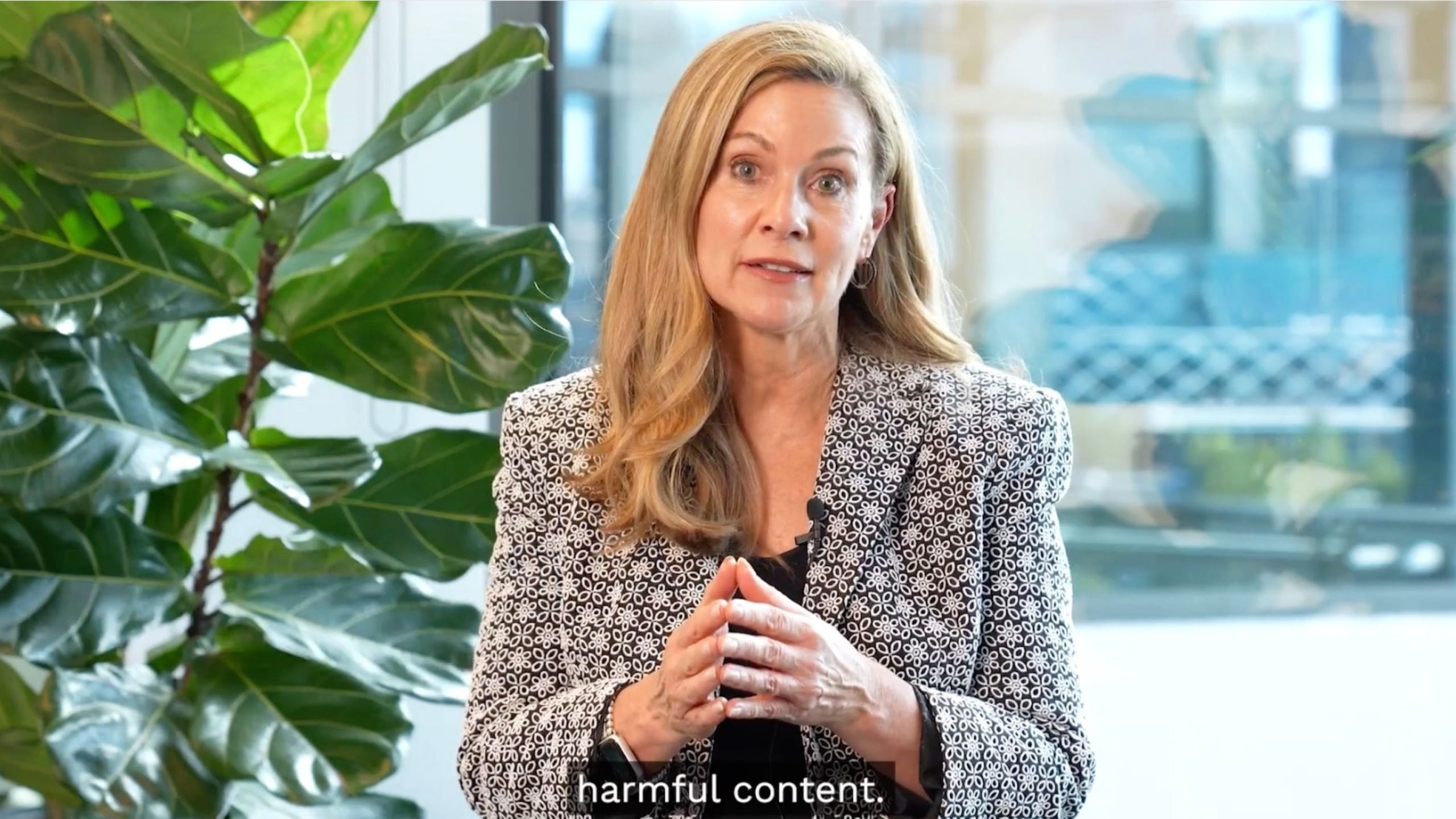
Following on from our previous report that Australia’s eSafety Commissioner was pressuring X to remove more online videos, the Free Speech Union of Australia (FSU Australia) has launched a legal challenge against the eSafety Commissioner, contesting what it calls an “unlawful act of censorship” under the Online Safety Act 2021.
The case, filed with the Administrative Review Tribunal on October 6, argues that the Commissioner’s recent notice to X Corp violates the constitutional right to political communication.
The eSafety Commissioner issued a notice on September 26 requiring X Corp to remove videos showing the killing of Iryna Zarutska, a Ukrainian refugee killed in the United States.
The footage, originally released from the Charlotte Area Transit System, had been shared globally, including by accounts outside Australia. X responded by geo-blocking the identified posts within their domestic jurisdiction.
FSU Australia contends that the Commissioner’s order effectively censors online discussion of a legitimate news event rather than the video itself.
The group says this action infringes on the implied freedom of political communication protected under the Australian Constitution. “The use of official Australian government power to censor political speech in a targeted manner based on ideology is also in breach of the implied freedom,” the claim states.
The organization further argues that the eSafety Commissioner’s decision is disproportionate and beyond her authority.
The video, they claim, does not meet the threshold for “Refused Classification” material and could have been addressed through redaction instead of a complete ban.
The submission points out that major international outlets, including CNN, BBC, and Fox News, have published versions of the footage that remain accessible from within Australia.
FSU Australia’s position is that “an appropriate subset of the video’s content, or a redacted version thereof, would not be likely to be classified as RC.”
The filing also notes that the eSafety Commissioner “failed to identify the elements of the video which should be censored,” leading to an overreach of authority.
Beyond constitutional arguments, the Union asserts that the censorship is both ineffective and counterproductive, noting that “the attempt at censoring the video itself is futile” and has primarily served to silence lawful commentary.
The filing states that this has only advanced the “Streisand Effect.”
(The Streisand Effect is when attempts to suppress information backfire, drawing far greater public attention to the material being censored.)
FSU Australia maintains that it has standing to bring the case under the Administrative Review Tribunal Act 2024, emphasizing its chartered purpose of “protecting and defending the free speech rights of our members” and “advancing freedom of speech in Australia.”
The group has asked the Tribunal to suspend the eSafety Commissioner’s notice pending review, calling it an inappropriate and excessive restriction on access to lawful public discourse.











